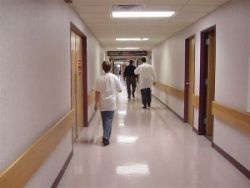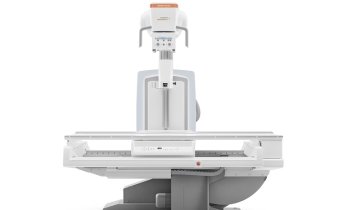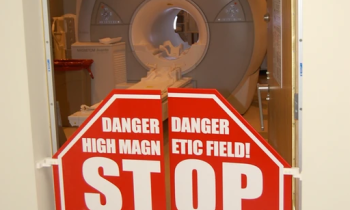Your senior doctor is watching you
Hiding behind a doctor's licence obtained years ago will no longer be tolerated in England. Senior doctors are asked to function as "responsible officers" who collect information about colleagues over a period of time. The new arrangement intends to examine the fitness of physicians every five years.

Variations in the quality of healthcare professionals are a risk for patients. Therefore Sir Liam Donaldson, chief medical officer for England, UK, initiated a new monitoring programm to check a doctors occupational aptitude by other doctors.
Every healthcare organisation in the country will have a "responsible officer", mainly one of the senior doctors, who will set up files on his collegues about their work-related fitness in the future.
The move is part of the plan devised by Sir Donaldson for revalidating doctors' competence every five years. It was described as a "whistleblower's charter" when it was first floated by Donaldson, and critics said no one would want to do it.
But now doctors from the British Medical Association said that, with some reservations, they now accepted the scheme as necessary.
The revalidation proposals were described by Sir Graeme Catto, president of the General Medical Council, which licenses doctors, as "the biggest change to medical regulation in 150 years".
Every doctor will be assessed for fitness to practise each year, and be recertified under the plans, published yesterday. Every five years the doctors will be formally relicensed or revalidated, largely on the evidence of the previous five years of assessments. Those who fail to meet the grade will be given training, and as a last resort they could be ordered to stop practising as a doctor.
The key figure in the plan will be the "responsible officer", a senior doctor at every healthcare organisation who will collate the information on the staff. A consultation paper published yesterday on this aspect of the plans said the officer would be responsible for ensuring that all the evidence was available on each doctor's competence and for recommending, to the General Medical Council, whether or not to license individuals.
Jonathan Fielden, chair of the consultants' committee of the BMA, said yesterday there would have to be someone to ensure that five years' worth of evidence and testimonials was on hand when revalidation time arrived. In most hospitals this would be the medical director, who already had the responsibility for appraisals. That task could be more difficult in small GP practices, though the GPs could possibly form groups for appraisals.
Fielden said the whistleblowing issue had been dealt with. "Our concerns were that if someone had an unproven complaint it would chase the doctor around," he said.
But the BMA has had an assurance that complaints that are not substantiated will not be kept permanently on any doctor's file. "If they are proven, clearly they will be on the record," he said.
Under the plans, patients will play a big role in revalidation. They will be asked whether their doctor listens to them properly, involves them in treatment decisions and shows respect.
Donaldson said: "I'm confident that this process, agreed with doctors' representatives, will help raise standards of medical practice and improve the quality of the patient experience. The involvement of patients and public in the process will help define what counts as good healthcare, and, in the rare cases where doctors are falling short, provide [the doctors] with the support needed to renew registration."
The Medical Defence Union said it welcomed assurances that revalidation would not be a bureaucratic burden.
Hugh Stewart, head of case decisions at the union, said: "We have always said that any scheme for the appraisal and revalidation of doctors needs to help them develop in their roles, and for the few doctors where concerns are identified, help these to be addressed in a fair and constructive way. We are pleased the [chief medical officer] has said that the primary focus of revalidation must be to support doctors to develop their own talents, rather than solely to detect the small proportion of doctors who cause concern. The vast majority of doctors are extremely hard-working professionals and already held accountable in more ways than other UK professions. It would be inappropriate to introduce a time-consuming process that keeps doctors away from their patients."
30.07.2008









